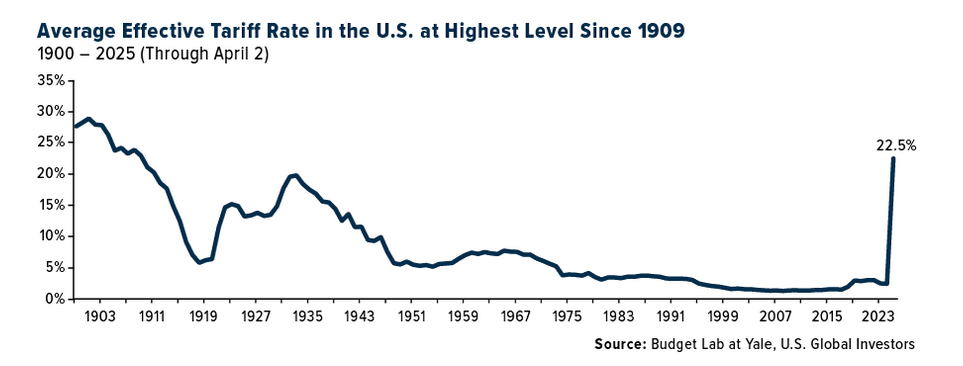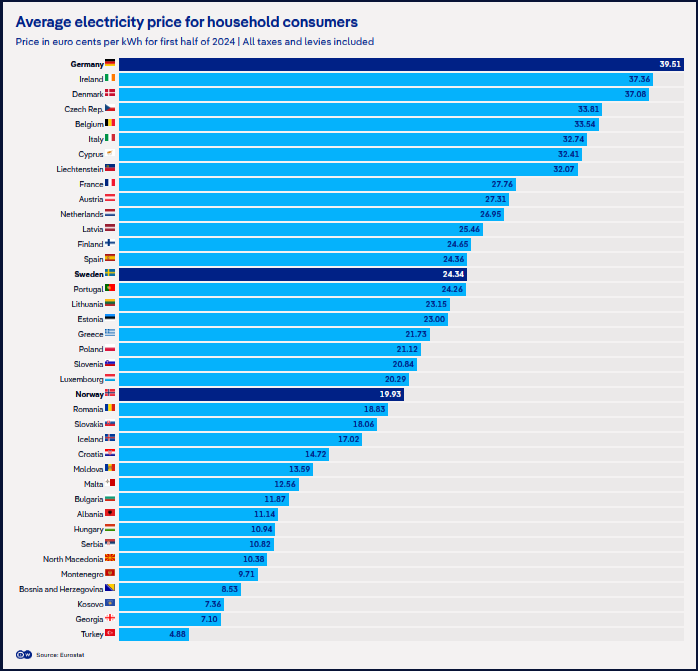Many American companies are successful at operating in other countries far away from the US and have become true multinationals. However there are some firms that have failed miserably in their expansion in overseas markets. They failed for a variety of reasons ranging from not respecting local culture and customs to trying to impose American style work rules and policies that may not always be accepted by local workers. A classic case in point the US retail giant Walmart(WMT). The behemoth is the largest employer in the country and is well respected by the general population and the government. In fact, in many states and cities and towns local politicians dream of luring a store to their locations for the taxes and economic activities it would produce. However Walmart’s foray into Germany did not go well for many reasons that I discussed in an article in 2013. After years of getting into trouble there the retailer pulled out many years ago.
One of the recent US firms that could not conquer a foreign market is the auto maker Ford(F). This past September Ford announced that it was ending its operations in the emerging market of India after decades of trying to make it work. Below is an excerpt from a Reuters article:
NEW DELHI, Sept 17 (Reuters) – When Ford Motor Co (F.N) built its first factory in India in the mid-1990s, U.S. carmakers believed they were buying into a boom – the next China.
The economy had been liberalised in 1991, the government was welcoming investors, and the middle class was expected to fuel a consumption frenzy. Rising disposable income would help foreign carmakers to a market share of as much as 10%, forecasters said.
It never happened.Last week, Ford took a $2 billion hit to stop making cars in India, following compatriots General Motors Co (GM.N) and Harley-Davidson Inc (HOG.N) in closing factories in the country.
Among foreigners that remain, Japan’s Nissan Motor Co Ltd (7201.T) and even Germany’s Volkswagen AG (VOWG_p.DE) – the world’s biggest automaker by sales – each hold less than 1% of a car market once forecast to be the third-largest by 2020, after China and the United States, with annual sales of 5 million.Instead, sales have stagnated at about 3 million cars. The growth rate has slowed to 3.6% in the last decade versus 12% a decade earlier.
Ford’s retreat marks the end of an Indian dream for U.S. carmakers. It also follows its exit from Brazil announced in January, reflecting an industry pivot from emerging markets to what is now widely seen as make-or-break investment in electric vehicles.
- Misjudging India’s potential.
- Not understanding the complexities of government policies in a huge country that favor domestic procurement.
- Inability to understand the culture and adapt to produce small, cheap and fuel-efficient cars. According to the Reuters article, 95% of cars sold there are price below $20,000.
- High cost of ownership and maintenance and repair costs.
- Lower tax on smaller cars made it difficult for larger car makers like Ford to compete.
- Of all the foreign auto companies that invested in India over the past 25 years, only South Korea auto maker Hyundai was successful due to it portfolio of small cars and understands the needs of the Indian consumer.
- Trying to produce and sell sedans made for US and European markets at relatively high prices will not work in an emerging country like India where consumers are price conscious.
- ANOTHER ONE BITES THE DUST- What automakers need for success in India’s huge passenger car market, Quartz India
- Analysis: Why Ford failed in India, Autocar Professional
- Why Wal-Mart Failed in Germany, TFS
Disclosure: No positions



